Julien Laugier
By Doğukan Güven Nomak
Reading next
Dec 26, 2018
Doğukan Güven Nomak
Jan 12, 2019
Doğukan Güven Nomak
Free & Fast Shipping
All orders are shipped free of charge! In-Stock items are shipped on the same day!
No Customs Procedures
If you choose "+ DDP" shipping option at checkout, all customs formalities will be handled by us. Your order will be delivered directly to your door with no effort on your side. Learn more
30-Day Refund Policy
No questions asked, 30 days money back guarantee. Learn more
Life-Time Insurance
Our products come with lifetime free accidental damage coverage. Learn more.

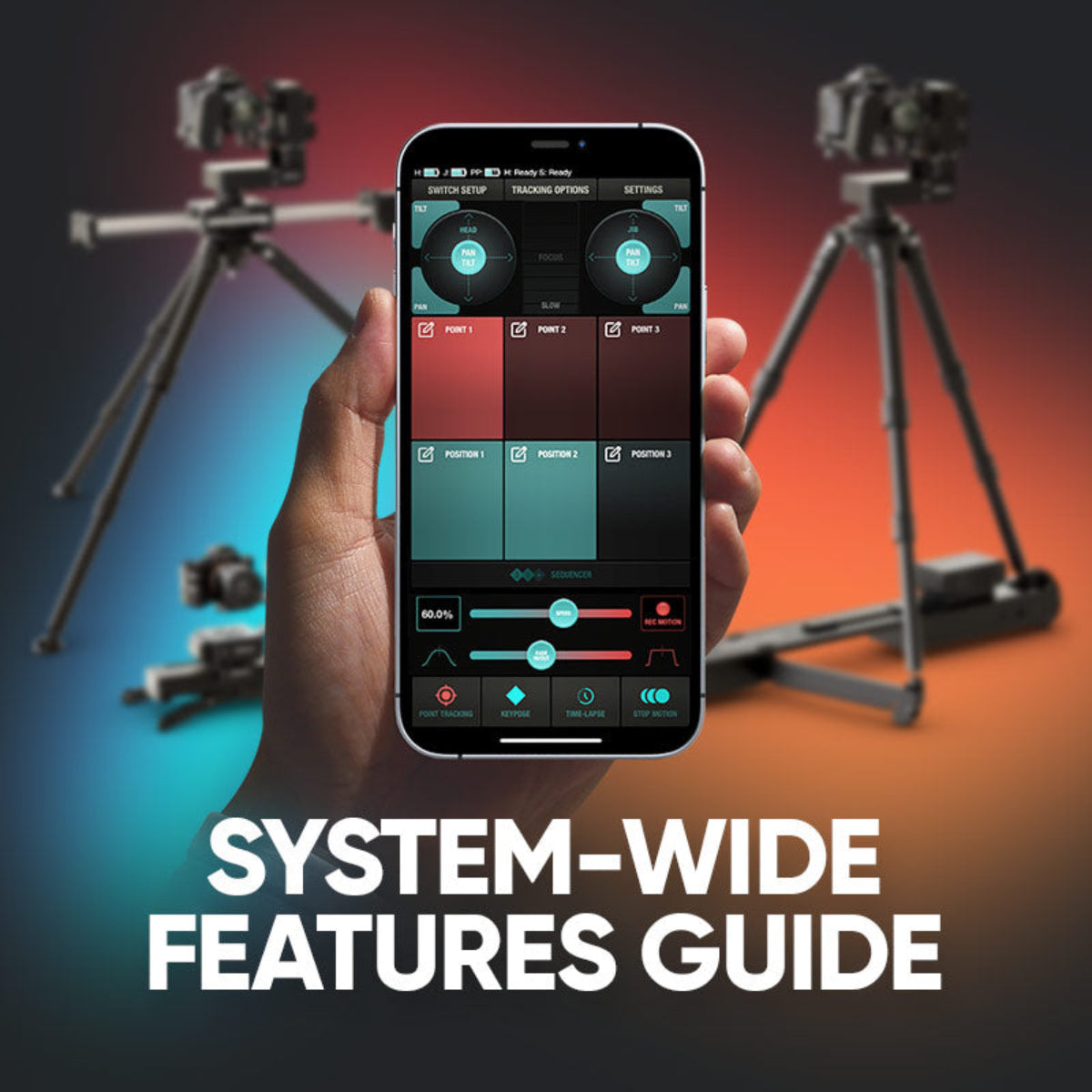
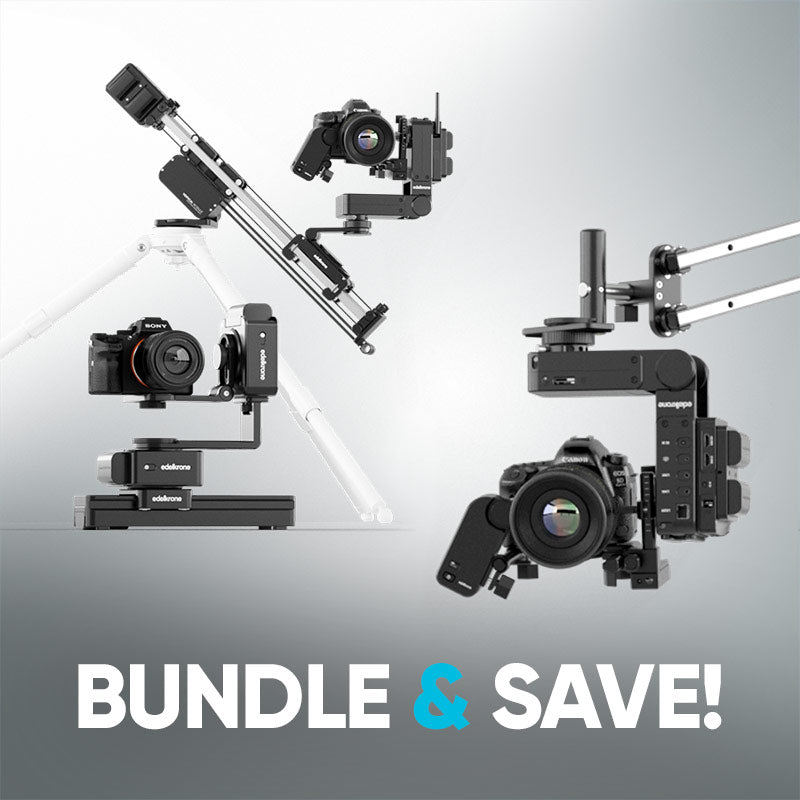
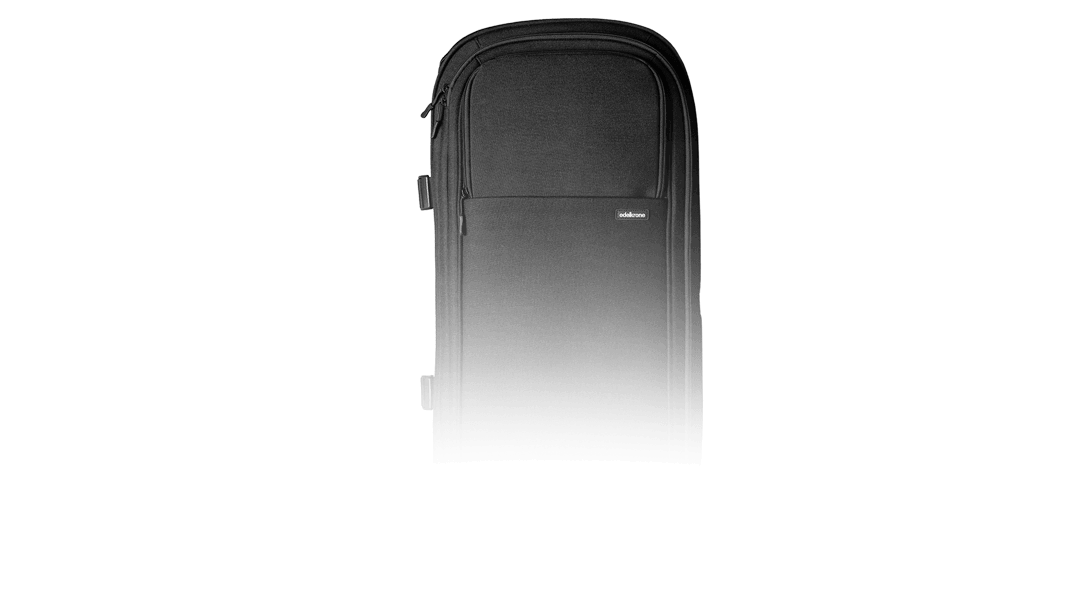
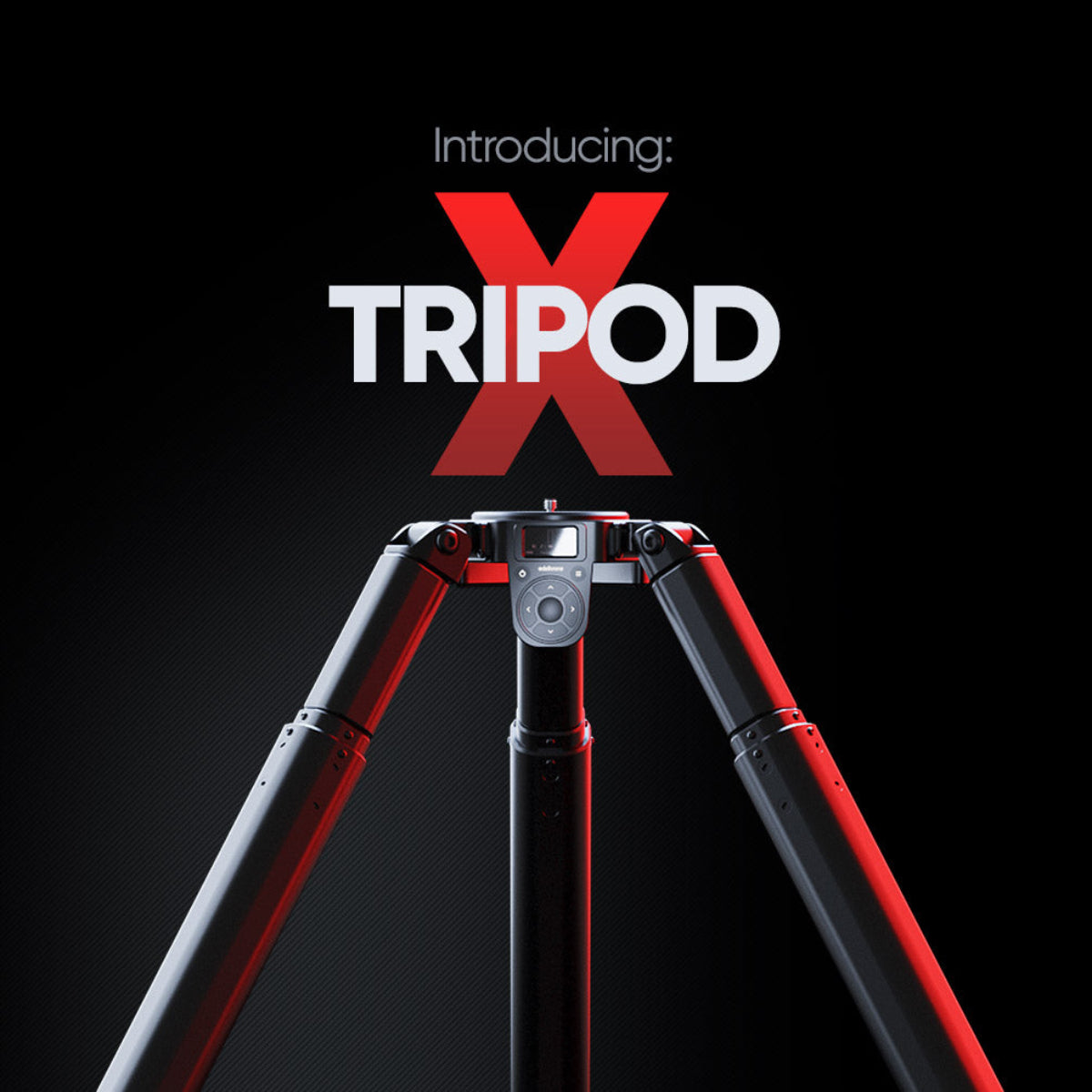
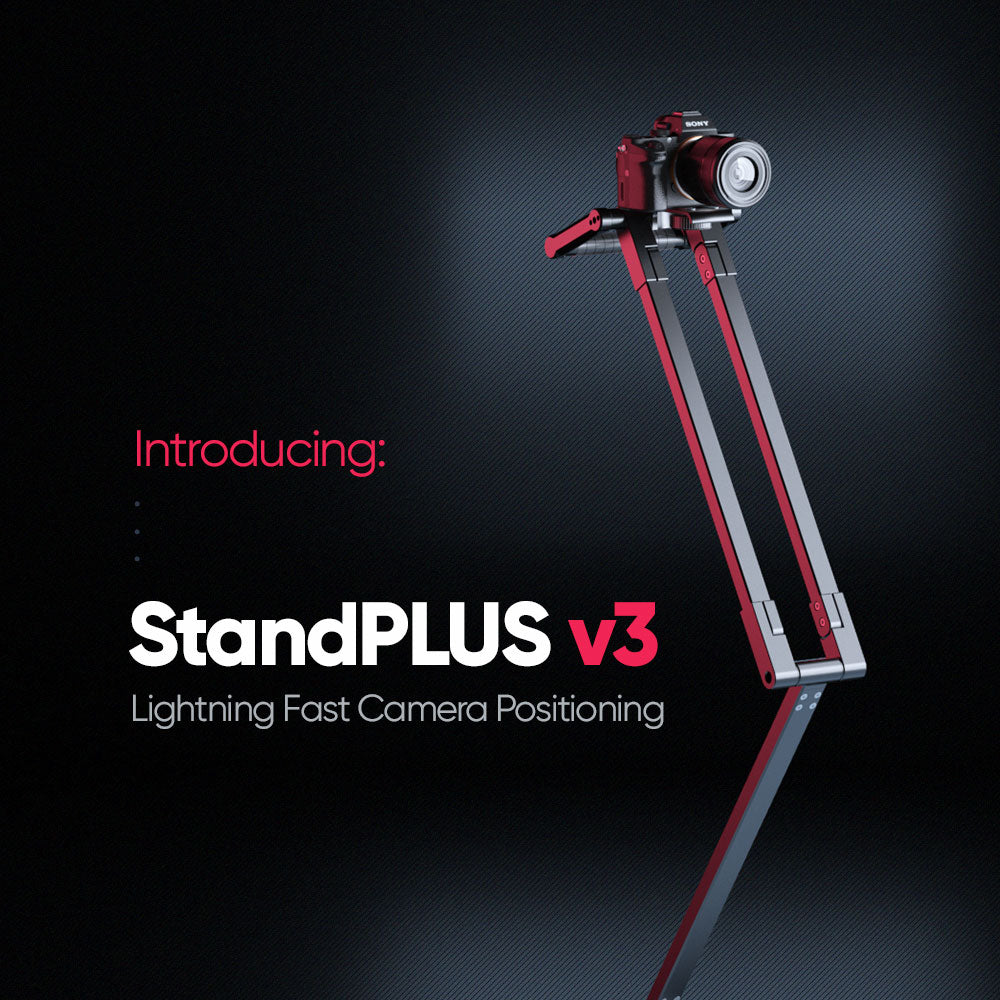
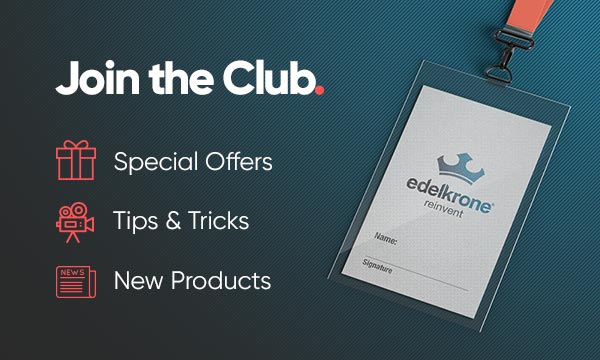
Leave a comment
This site is protected by reCAPTCHA and the Google Privacy Policy and Terms of Service apply.